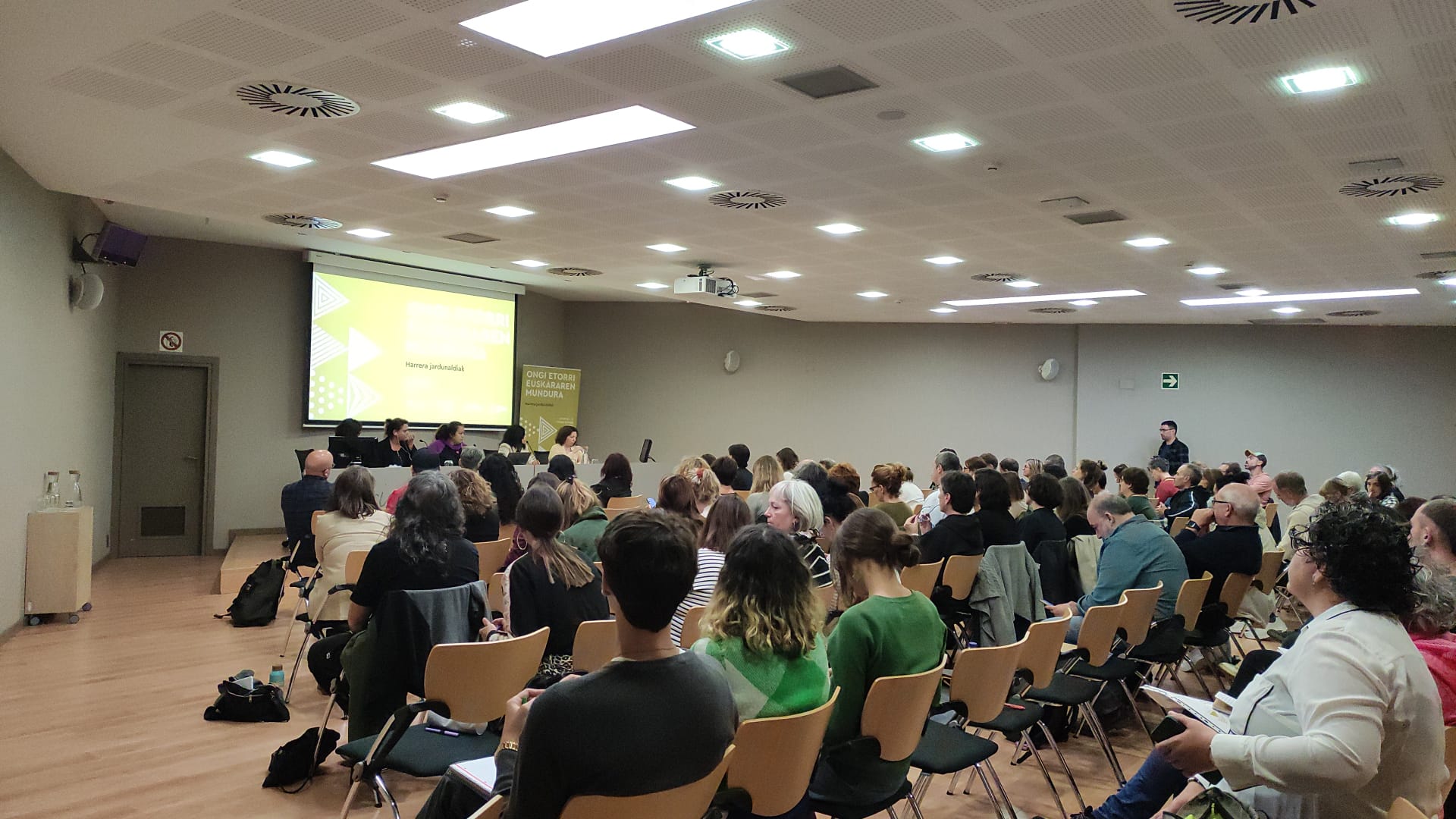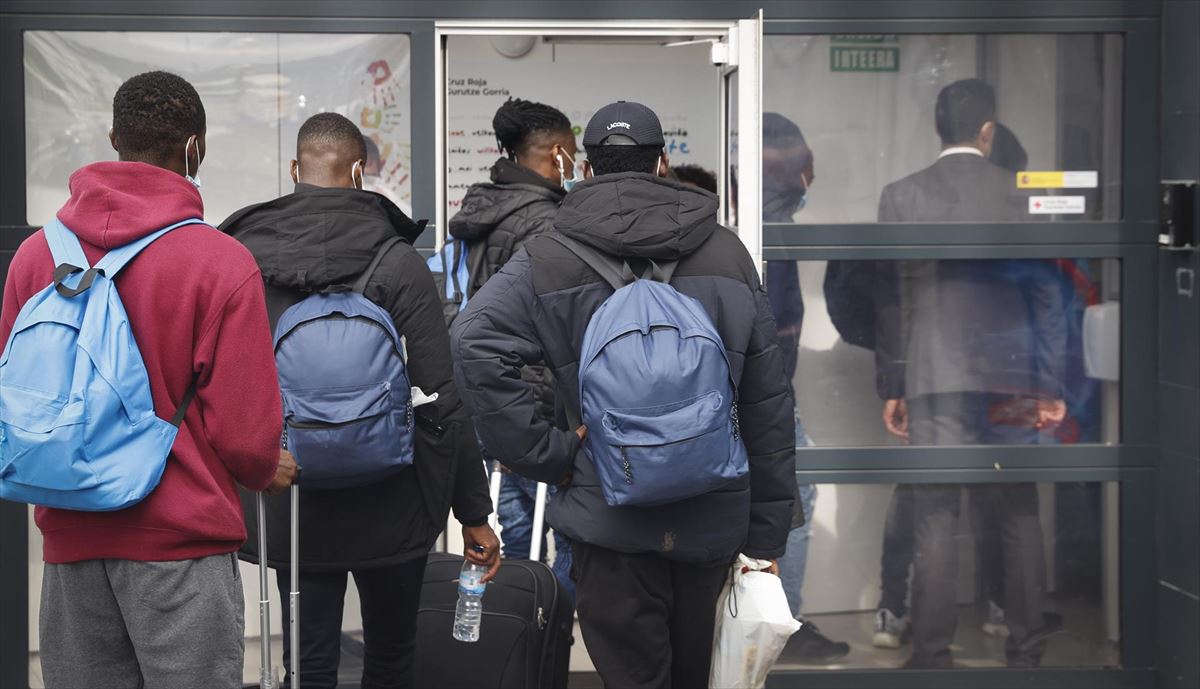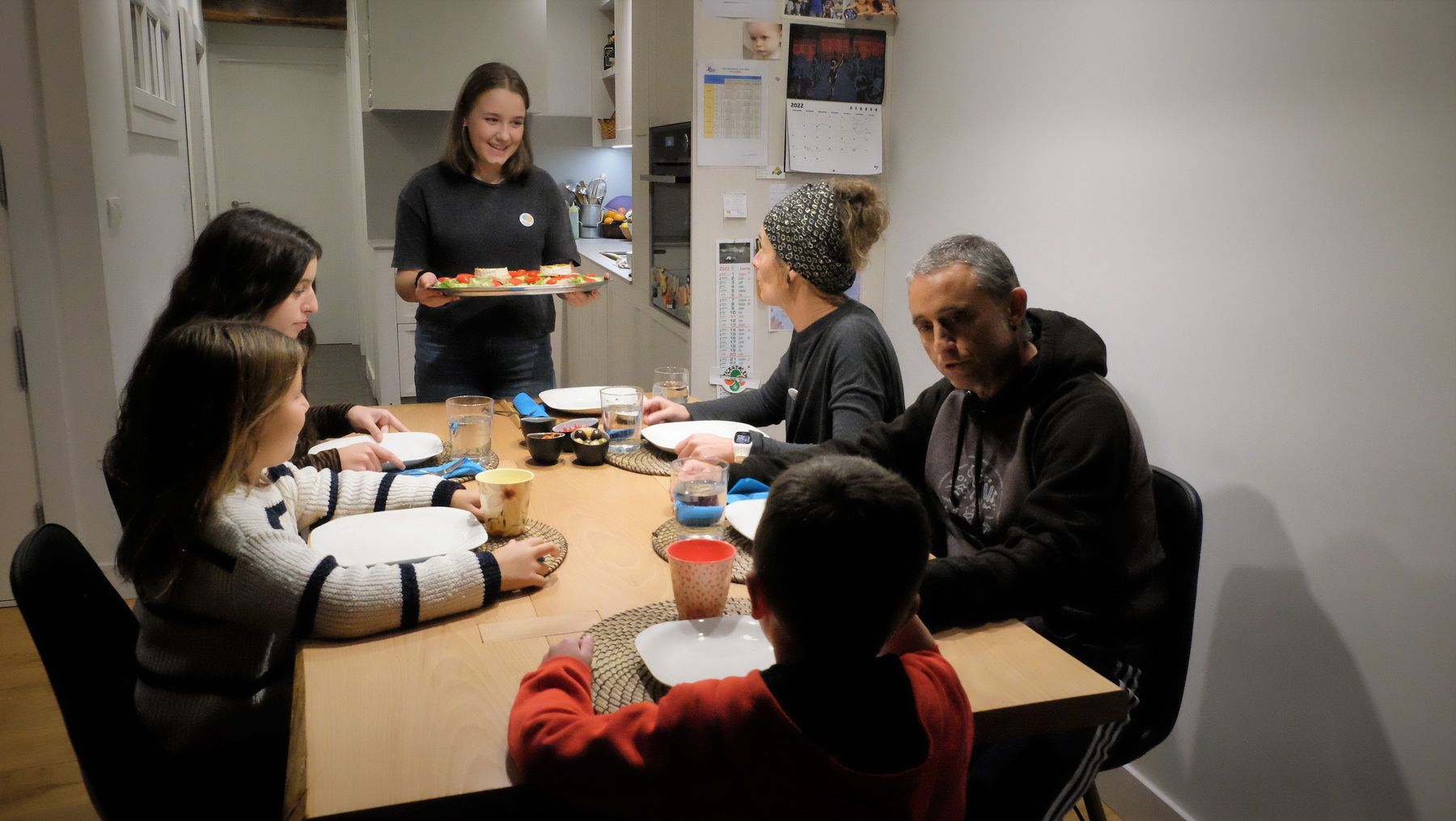Why are they approaching the Basque Country? Why do you walk away?
- There are many variables that influence the relationship with the Basque country of Castilian and Spanish migrants, and in addition, these factors can vary in the life cycle of the same person. The Castilian and Parasitic emigration has interviewed 19 people who live in Basque municipalities and have not learned Basque. The authors are Enara Eizagirre, Edurne Urrestarazu and Ekhi Zubiria, and thanks to this work they have won the Iñaki Arrangi scholarship from UEMA. In the study, tools and ideas can be found that can be used to design the municipalities' linguistic policies.
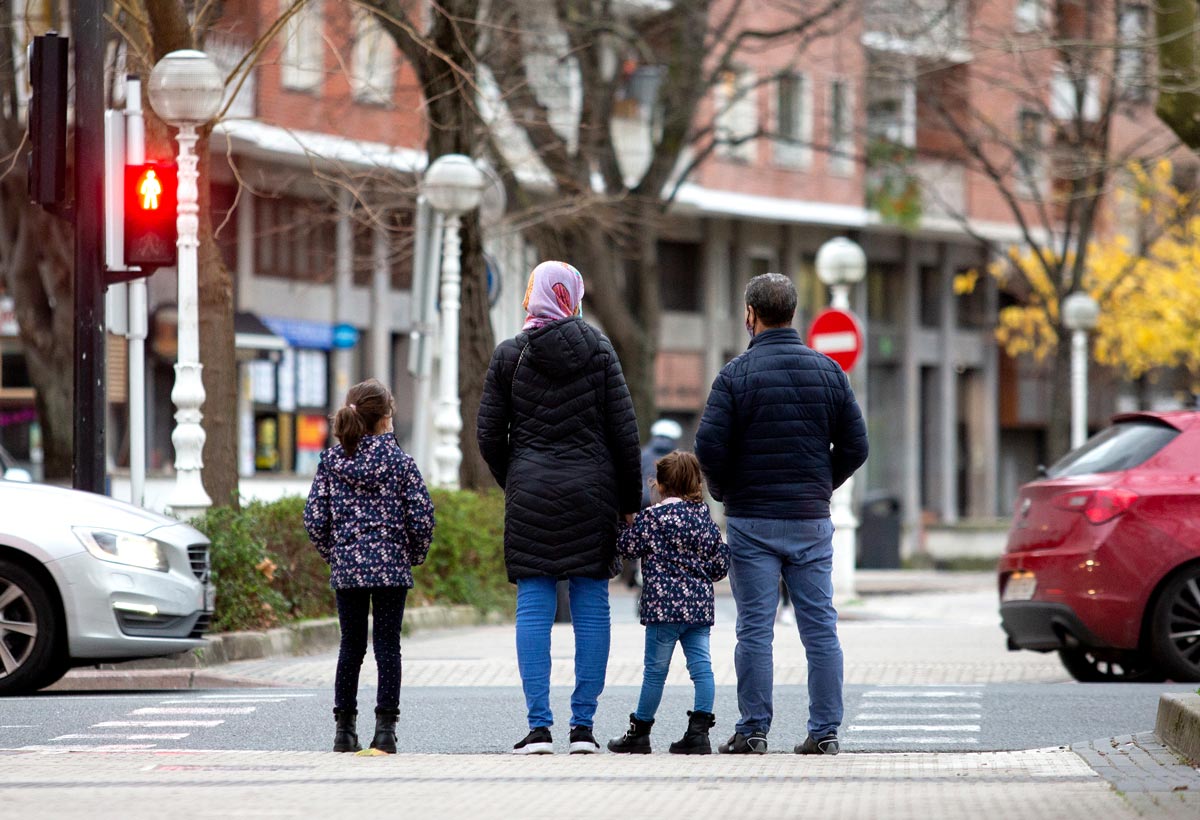
Enara Eizagirre, Edurne Urrestarazu and Ekhi Zubiria have approached the Castilian speakers to analyze the relationship, experiences and opinions they have with the Basque and the people in which the Castilian and Spanish people who have arrived in the Basque municipalities since 2005 live. The research work is not quantitative, but qualitative, and in-depth interviews have been conducted with nineteen Basque citizens. Numerous passages of the participants' words can be read in the study.
All interviewees are Castilian "parasites", that is, they are incapable of speaking in Basque, although they live many years in the Basque Country and sometimes have tried to learn the language, have a degree of understanding or are able to say something.
The authors have chosen the participants from thirteen towns that have had a high use of the Basque Country and that have received a significant number of immigrants in recent years: Azpeitia, Baztan, Berastegi, Dima, Etxarri-Aranatz, Igantzi, Ikaztegieta, Lekeitio, Mutriku, Muxika, Ondarroa, Oñati and Orio. All of them are municipalities in Euskaldunes, and most of them, in addition to the respiratory zones.
Nineteen citizens come from Argentina, the Dominican Republic, Spain, Morocco, Nicaragua, Pakistan, Paraguay, Sardinia, Senegal and China, among others.
To understand the attitude towards Euskera, the networks of intensive relationships, children, work expectations and the intention to remain in the people are especially clarifying.
Castellanoparlantes more than Castellanospeakers
The reader will want to know what conclusions the researchers have drawn, why the erdaldun decides to approach the Basque language or why it departs from the language. It is not possible to summarize them, since not all Castilian speakers can enter the same bag, have different biographies and experiences and are not acting in the same way in relation to language. Moreover, each of the interviewees has changed their opinion and attitude over the years they have lived in the Basque people.
However, the authors, with great caution, have grouped the interviewees in three profiles according to their closeness with the Basque Country and their similarities in the motivation to learn the language: the distant ones, those who feel satisfied with their situation and those who are activated. The authors have emphasized that the same person can make a leap from one profile to another and that is why they have drawn the three profiles as a continuum. To give an example, an interviewee may say that at first he had no attachment to the Basque, that he did not feel the need to learn and that all the citizens knew Spanish. He's had a child and he's changed his mind. He feels closer to the Basque country, is curious about the language the child learns and decides to start learning. Another will say that he spent several months learning Euskera in the Basque Country, but that since then he has not returned because he chained one job after another in almost every hour of the day.
The importance of contact networks
The affection they feel for the Basque is very different and, therefore, also the motivations they can have to learn Euskera. Among the variables that influence these motivations are age, the existence or not of children, the number of languages they know and the existence or not of Spanish when they arrived. Another group would be that of the relationships they have created in the people in which they live: how many compact networks they build in the village and with whom, what the day goes on, in which areas they are... In the third sack, we would find the forecasts, the wishes and the intentions they have for the future.
The authors, knowing that all these elements influence the relations they create with the Basque Country, conclude that in these nineteen citizens some variables are more clarifying to understand the reasons that have led them to approach the Basque country. These variables are grouped into four blocks: that the interviewee has created networks of significant relationships at the informal or microsocial level with the Vasco-speakers; that the sons and daughters are dedicated to teaching in Basque; that they have a will for improvement in the work environment; and that they imagine that they will continue in the people in the future.
Although the research work has a professional profile in the point of view, anyone with linguistic awareness can read it. There are many fragments of what 19 citizens said in 136 pages
Therefore, among the interviewees there are people who have or do not have Spanish as a first language, there are people who knew or did not know that language when they arrived in the Basque Country, there are people who have a minority language or who are able to speak a minority language, that is, that in addition to the main language of their countries of origin they are able to speak the minority language of their country, such as sardinero, Kashmir, Catalan, Guaril. Well, regardless of their linguistic characteristics, in the continuum of proximity to the Basque country that we mentioned earlier (very well activated) appear those citizens in all locations, from those who feel the Basque country far to those who today have the motivation to learn Basque. Therefore, they are especially clarifying factors to understand their attitude towards Euskera the networks of intensive relationships, children, work expectations and the intention to stay in the people.
Who reads the job?
It is a scholarship from the Commonwealth of Basque Municipalities and when the authors did the work they had in mind Basque technicians from the municipalities of Euskaldunes and technicians from UEMA. The research work aims to provide these professionals with tools to approach this group to acquire ideas to develop linguistic interventions. In any case, the authors would be satisfied if, in addition to the technicians, the research work had room in associations working in Basque and in associations and institutions that had nothing to do with the language directly. In fact, in the memory of other readers, we've been told that they've made an effort to escape an academic text, to make it legible to anyone. It can be said that they have fulfilled their wish.
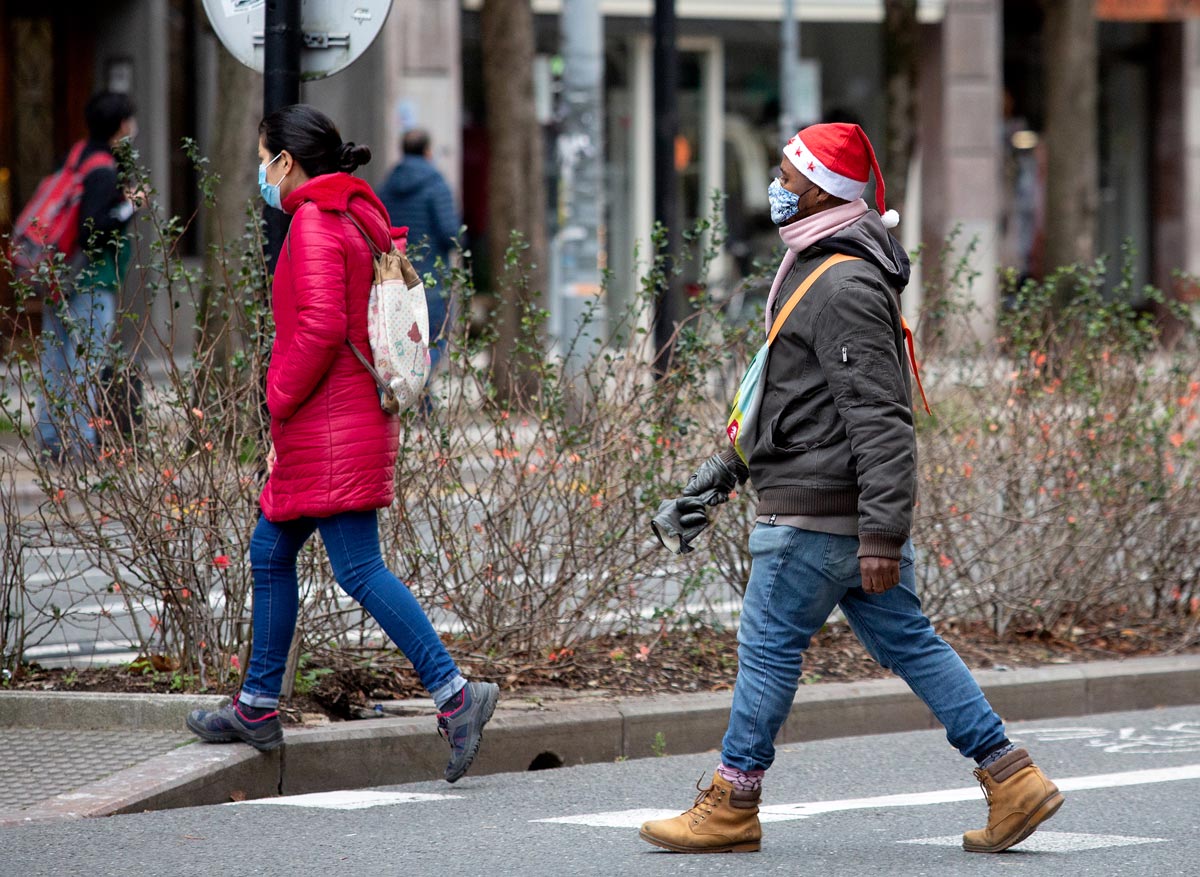
Harrera-herri euskaldun nola izan gaitezkeen galdetu zion Leire Amenabarrek bere buruari eta parean zituenei iaz, Gasteizen, harrera-hizkuntzari buruzko jardunaldietan, eta galdera horrexetan sakontzeko elkartu gara berarekin hilabete batzuk geroago. Amenabarrek argi du... [+]
Euskalgintzaren Kontseiluak antolatutako "Ongi etorri Euskararen Mundura" jardunaldiak izan dira Gasteizen ostegunean eta ostiralean. Egun bi bete-beteak, eta mahai gainean Euskararen normalizazio prozesuan euskal herritar berriak integratzeari buruzko praktikak... [+]
Among many falls, there are also achievements. A young mother of about 35 years old asked me the other day how they could get in their school that the classmates who had not received Euskera at home learn and speak as well as the boys and girls who were Euskaldunes at home. In... [+]
“How are you?”
“Bad, bad. Subject to machine.
“You’ll turn it around because you’re tough.
I don't know. Now I don't know.
This was the last interview with his American uncle. He was a pastor to Nevada, where he founded his family, his new life. They have come from... [+]
UEMA, the Commonwealth of Basque Municipalities, presented to the media last month a campaign under the motto Egin nirekin euskaraz. Families have emerged that do not originate in the Basque Country, along with representatives of UEMA. They say that we Euskaldunes often approach... [+]
We learned by publishing the results of the last sociolinguistic survey of the Basque Country in Navarra: Since 2011, the Foral Community has strengthened its attitude against the promotion of the use of Euskera and weakened the most favorable. In Basque Country, seeing people... [+]









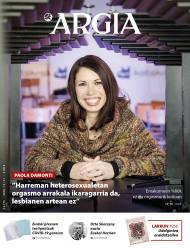


.jpg)
